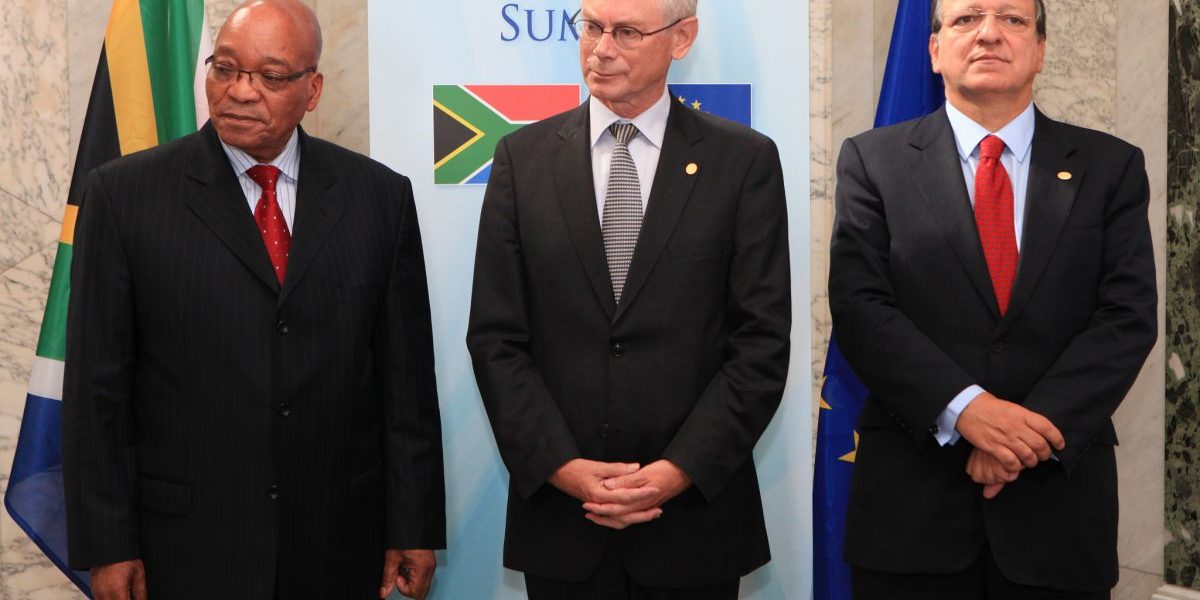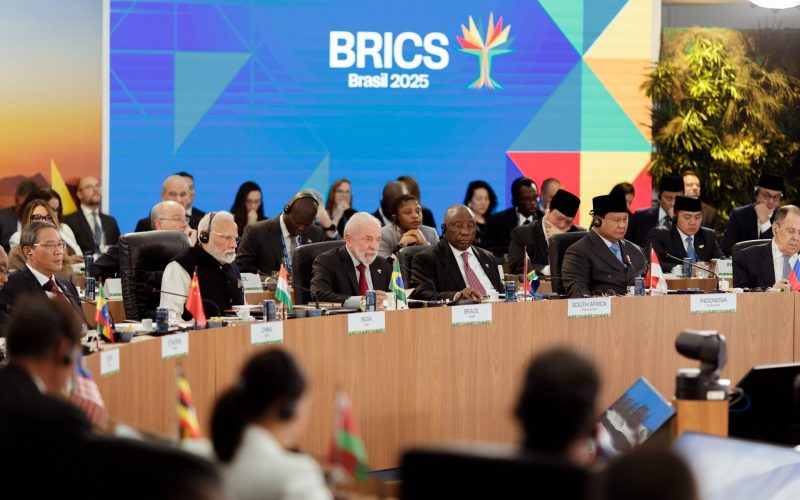The 10 new EU member states have a combined gross domestic product (GDP) of less than 5% of the old EU 15 thus requiring substantial resource support from the EU to catch up to the more developed member states. They have wages substantially below those of their more developed counterparts in the west, very few historical links with Africa and have been aid recipients rather than donors.
The EU has been a significant contributor to development aid to Africa. The continent receives the largest concentration of EU official development assistance. An EU report released this year shows that in 2002 the region received 40% of overall EU aid, more than twice the value of aid flows to Europe in the same period. This does not mean Africans feel confident about what the EU’s enlargement may mean for the relationship. The engagement with Africa is multifaceted. It includes aid, commercial relations (both trade preferences and investment) and political co-operation.
The EU is the destination of 34% of sub-Saharan African’s total exports. Countries in the region benefit from preferential access to EU markets granted to African, Caribbean and Pacific (ACP) countries under the Cotonou Agreement. In 2002, €39bn worth of ACP exports entered the EU duty-free under this agreement.
In addition, the EU has provided €2m in support of the African Union’s (AU’s) institutional development and €10m to assist in the AU’s peacekeeping agenda.
The EU provides 50% of global development assistance to the developing world. This will apparently increase in the long run as new EU members begin to fulfil their obligations towards the EU development fund. Each new member has committed itself to providing 0,39% of its GDP to development aid by 2006.
The EU is SA’s most important trading partner and its largest foreign aid donor. In 2002 SA exported goods to the EU to the value of €10,1bn and will receive a total of €885,5m in development assistance over the 2000-06 period under the Trade, Development and Co-operation Agreement signed between SA and the EU in 1999. SA is seen as an EU success story in terms of aid efficacy.
From the South African trade and investment perspective, the opportunities of enlargement are great, as an expanded EU means a European economy with an internal market of about 450-million people. Exporters can benefit from harmonised trade policies, norms and standards across 25 countries. Yet the biggest challenge is for business to see the opportunities and to be proactive in identifying possible competitive advantages in the 10 new members. An added advantage is that these new members have less developed consumer markets that may allow for easier penetration of South African products.
For Africa, competition for markets in the EU may intensify across certain sectors, although the unfolding negotiations on economic partnership agreements may provide preferential market access if they are followed closely.
Geopolitically and economically, the EU’s priorities inevitably will lie firstly with its new members and secondly with its immediate European neighbourhood. But Africa will continue to be important for Europe for several reasons. These include countering terrorism (prevalent in failing states); reducing migration from Africa to Europe by helping to fight poverty; empowering African institutions to manage crises and conflicts; capitalising on investment opportunities provided by arrangements such as the African Growth and Opportunity Act; and maximising areas of mutual interest, for example in supporting United Nations reform.
For reasons of economic development and security Europe cannot afford to withdraw from its responsibility in less developed regions like Africa.
Africa features highly in the EU’s foreign policy. Efforts to prioritise the effect of donor funds in countries where they are disbursed should be pursued. This way, the EU can constructively contribute to economic development, alleviate social upheaval and so help to create a more secure Africa.








